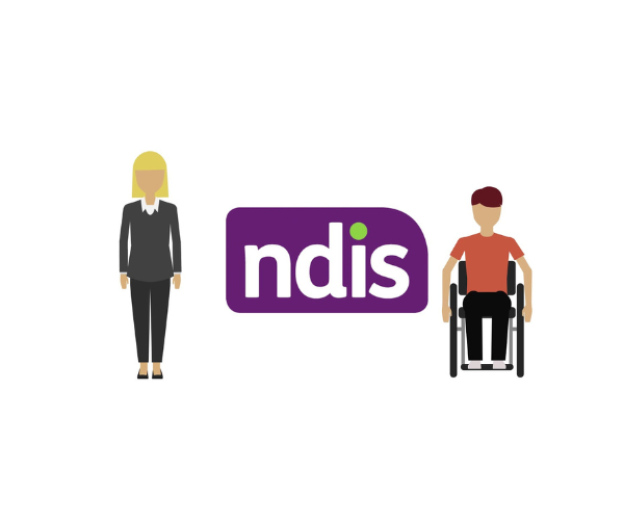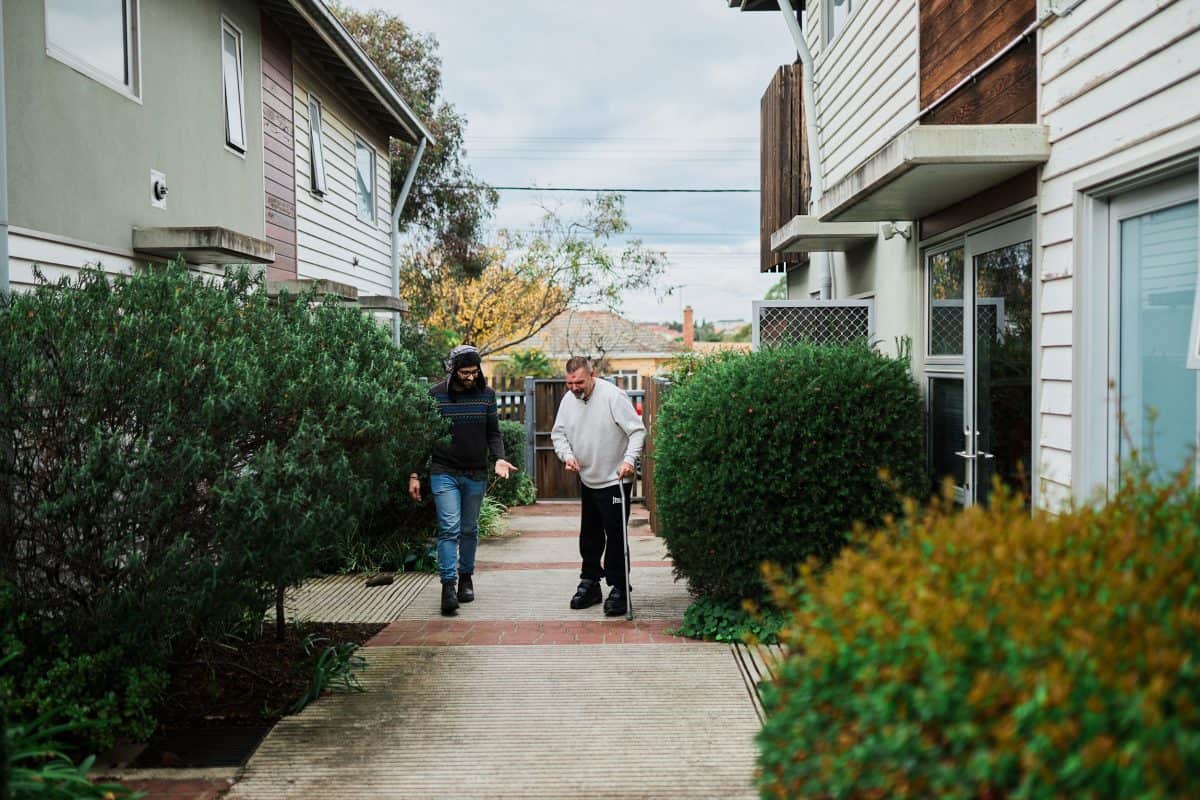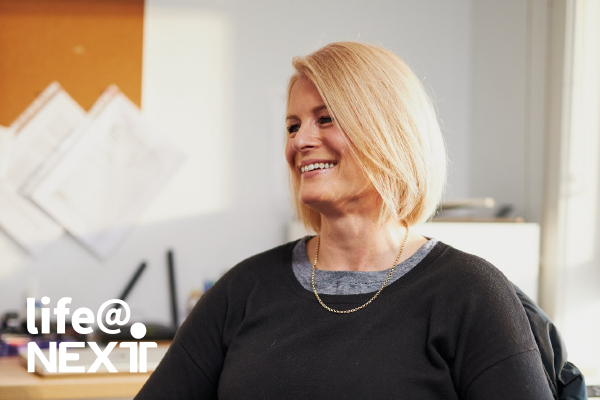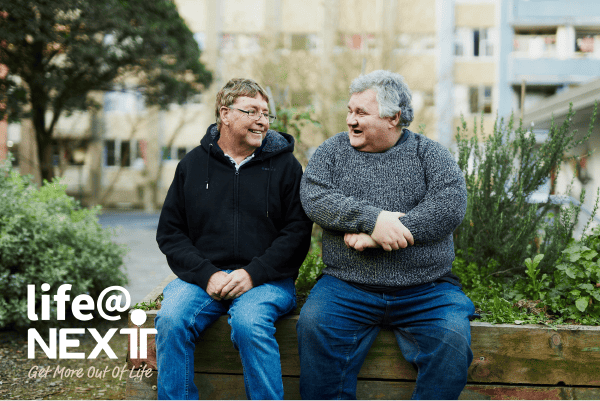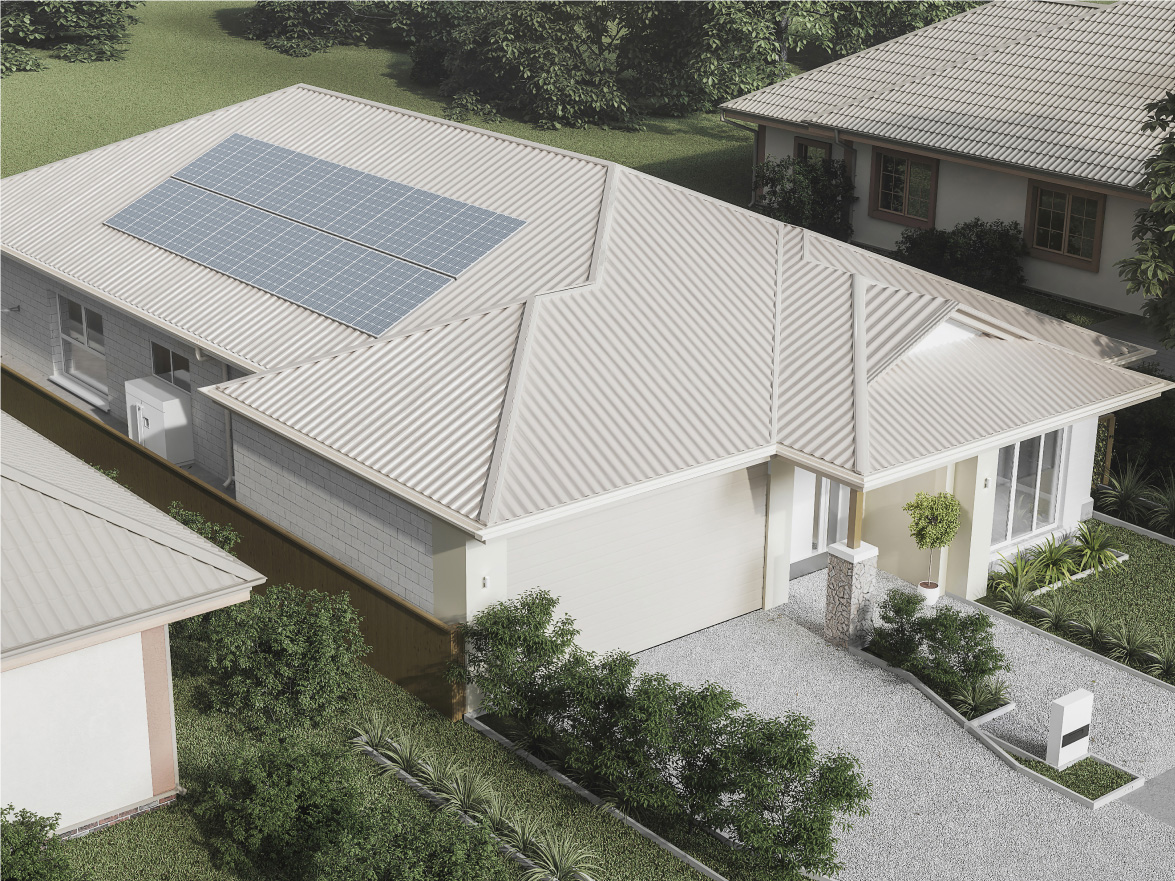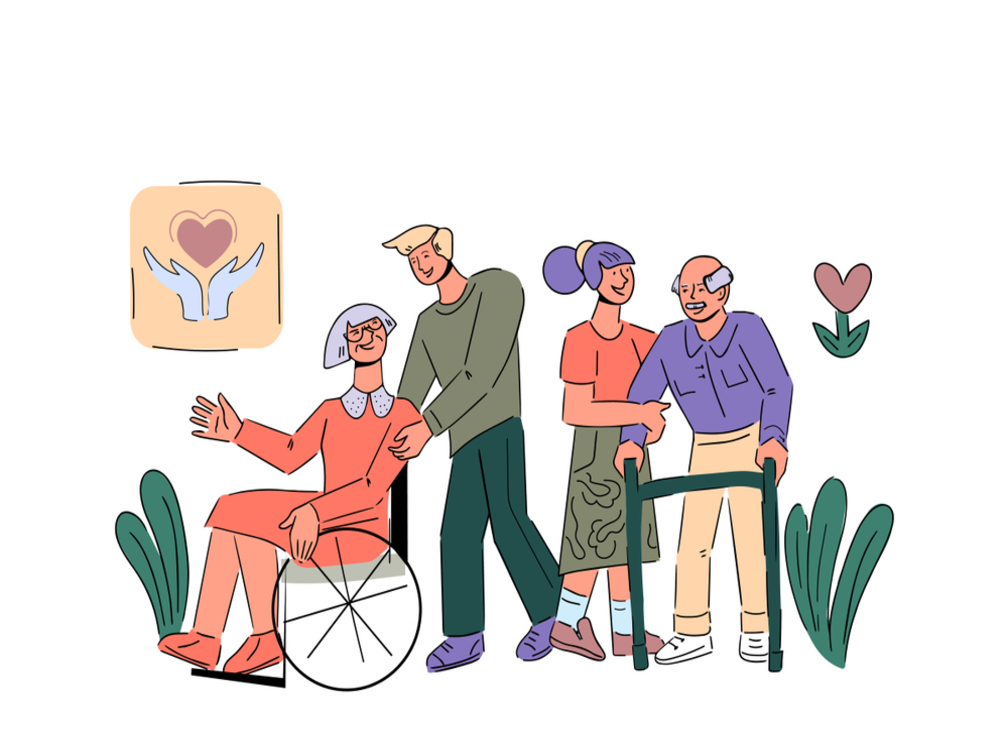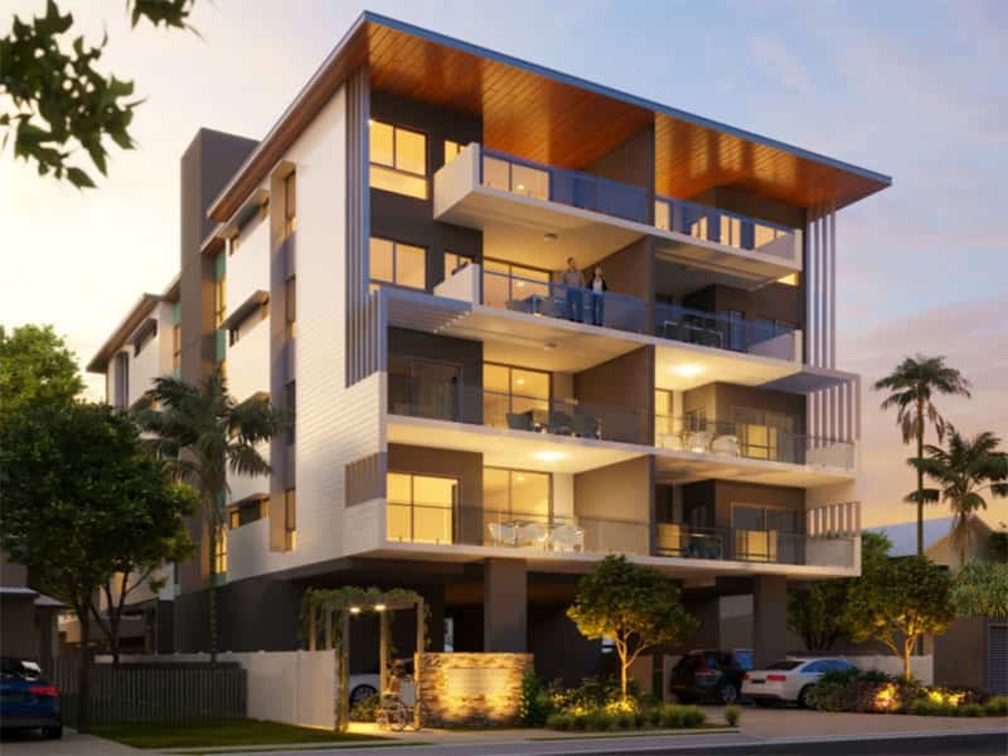Introduction
The National Disability Insurance Scheme (NDIS) plays a crucial role in supporting Australians with disabilities by providing them with the funding and resources they need to live fulfilling lives. As the NDIS continues to evolve, the introduction of PACE (Participant, Platform, and Process) marks a significant step towards streamlining the system for participants, providers, and the National Disability Insurance Agency (NDIA) itself.
What is PACE?
PACE is a major initiative by the NDIA aimed at modernising and improving the NDIS experience. It signifies a shift from the previous MyPlace portal to a brand new system:
- New Platform: This new platform centralizes all communication and information related to the NDIS for both participants and providers.
- Streamlined Processes: PACE seeks to simplify administrative processes, making it easier for participants to access their plan details, book services, and communicate with providers.
- Enhanced User Experience: The new system is designed to be user-friendly and accessible, offering a more intuitive experience for all parties involved.
Benefits of PACE:
The introduction of PACE brings several advantages for various stakeholders within the NDIS system:
For Participants:
- Easier Access to Information: PACE offers a centralized platform where participants can readily access their NDIS plan details, funding information, and service bookings.
- Improved Communication: The new system facilitates smoother communication between participants and providers, ensuring clearer understanding and more efficient service delivery.
- Greater Flexibility: One of the key benefits of PACE for participants is the potential for more flexibility in managing their funding within categories (more on this later).
For Providers:
- Streamlined Claim Processing: Claim processing and payment are expected to become more efficient under PACE, reducing administrative burdens for providers.
- Enhanced Communication: The new platform allows for better communication with participants and the NDIA, leading to smoother service delivery and improved collaboration.
- Efficient Management: Managing participant plans and services becomes easier with the centralized platform, allowing providers to focus more on delivering quality support.
For the NDIA:
- Improved Data Management: PACE facilitates enhanced data collection and reporting, enabling the NDIA to gain valuable insights into the NDIS system.
- Increased Efficiency: Streamlined processes and improved data management contribute to a more efficient NDIS for the agency.
- Better Service Delivery: With a more user-friendly system, the NDIA can potentially provide better support to participants and providers.
Changes with PACE:
Category-Level Funding: Previously, NDIS plans allocated budgets line-by-line for specific services. PACE introduces category-level funding, which means participants receive a total budget for each support category within their plan. This allows for:
- More Choice and Control: Participants have more flexibility in how they allocate their funding within a category, allowing them to prioritize supports that best suit their needs.
- Greater Adaptability: The ability to adjust funding allocation within categories allows for better adaptation to changing needs and circumstances.
Focus on Outcomes: Another key change with PACE relates to the increased focus on outcomes. Providers will be required to report on the results achieved through the services they deliver. This shift emphasizes the importance of demonstrating how services are actually improving participants’ lives.
New Provider Portal: Providers need to adapt to the new platform introduced with PACE. The new provider portal is designed to facilitate service delivery, communication, and claim management within the new system.
Impact on Funding:
It’s important to understand that PACE doesn’t change what funding can be used for in each category. It primarily affects how participants and providers manage that funding. The shift from line-by-line allocation to category-level funding gives participants more flexibility in choosing how to use their budgets within approved categories. It’s crucial to remember that the NDIS plan still outlines stated categories (funding for pre-approved supports) and flexible categories (funding for any support within the category that aligns with plan goals and NDIA approval).
Challenges:
The rollout of PACE has seen some teething problems for providers with issues getting payments.

